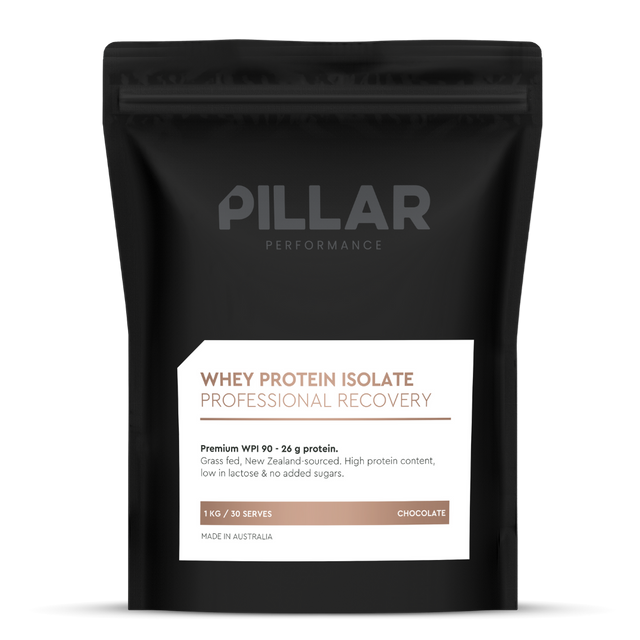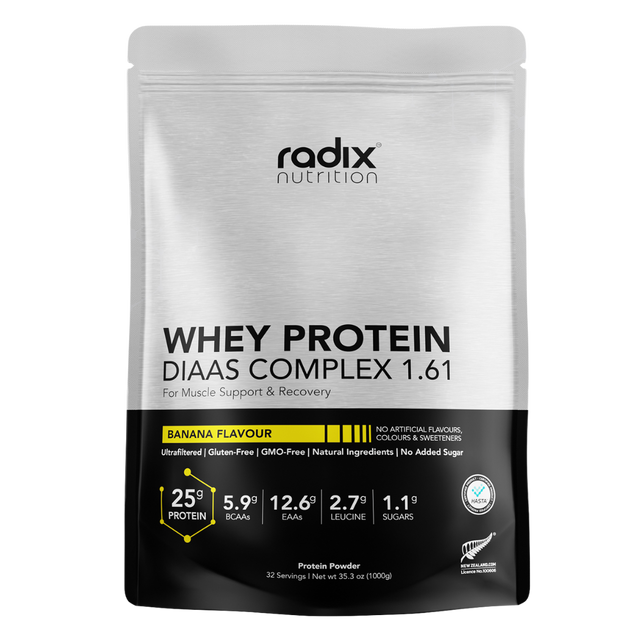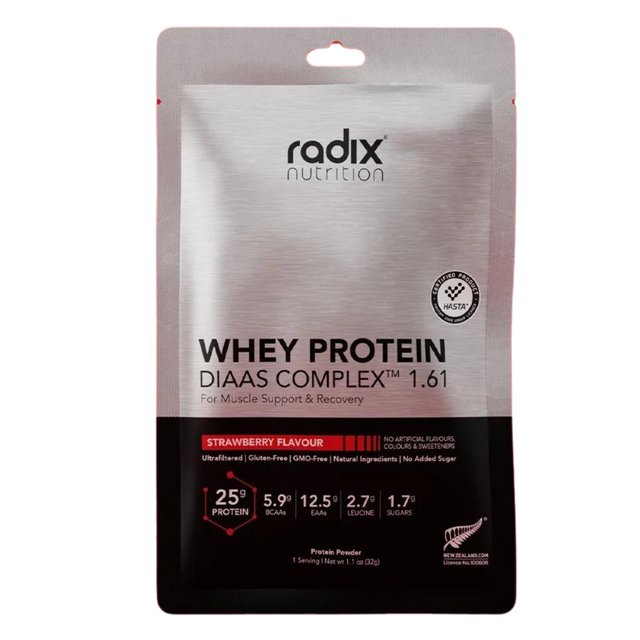Lead In Protein Powders: Should Athletes Really Be Panicking Or Is It Just Hype?
If you’re an athlete, you’ve probably come across, or had someone send you a widely circulated article about lead in protein powders, recently highlighted by Consumer Reports. Let’s dive into this viral Consumer Reports article and find out, should athletes really be worried about heavy metals in protein powders, or is this just overhyped scaremongering?
Table of Content
-
What’s the Buzz About Lead in Protein Powders?
-
Why Plant Proteins Naturally Contain Lead
-
Consumer Reports: Are Their Lead Limits Unrealistic?
-
Should Athletes Really Be Worried About Heavy Metals?
-
Smart Strategies to Reduce Heavy Metal Exposure
-
The Bottom Line: Don’t Panic, But Be Informed
What’s the Buzz About Lead in Protein Powders?
-
Media reports have raised concerns about lead in protein powders (1).
-
Most protein powders contain trace amounts of lead naturally found in foods.
-
High lead levels are dangerous because lead accumulates in the body and harms the brain, kidneys, and cardiovascular system, with even low exposure linked to higher cardiovascular risk in adults (2).
Why Plant Proteins Naturally Contain Lead
-
Lead is a naturally occurring element found in soil, so plants absorb small amounts as they grow (3-5).
-
Plant-based protein powders (e.g. pea, rice, hemp) often contain slightly more lead because they come from soil-grown crops (3).
-
Processing does not completely remove these trace amounts, which is why plant proteins may show higher natural background levels (3).
-
These amounts are typically low and within regulatory expectations, but they can appear high when compared to ultra-conservative thresholds like those used by Consumer Reports (1,4).
Consumer Reports: Are Their Lead Limits Unrealistic?
-
Consumer reports applied an unrealistically low lead standard that would deem many soil-grown whole foods unsafe for everyday consumption.
-
Protein powders in Australia are deemed as food and therefore fall under the guidelines of Food Standards Australia and New Zealand [FSANZ] (6).
-
Consumer Reports uses a daily lead limit, while FSANZ sets lead limits by food category. Protein powders follow the FSANZ food-based limits, so the two systems aren’t directly comparable (1,6).
-
For comparison sake let's compare Consumer Reports levels with the Food and Drug Administration [FDA], a U.S. federal agency responsible for protecting public health.
-
Consumer Reports vs FDA: Consumer Reports flags lead at 0.5 µg/day, much lower than the FDA’s guideline of around 8.8 µg/day for adults (1,3).
-
This standard was 10 times lower than the daily safe amounts (1,3).
-
A single cup of mashed potato would exceed their limit by fivefold.
Should Athletes Really Be Worried About Heavy Metals?
-
Most whole foods naturally contain trace amounts of heavy metals, but typical dietary intake is generally below levels considered risky (3).
-
Occasional consumption of foods or supplements slightly above CR’s limit does not necessarily pose a health risk for most adults (7).
-
Heavy metal concerns are primarily relevant for people consuming large daily doses of supplements, rather than those eating a balanced diet of whole foods or using supplements occasionally (7).
Smart Strategies to Reduce Heavy Metal Exposure
-
Prioritising whole foods and a balanced, varied diet in moderation ensures nutrients are consumed in their natural balance and supports overall health. Total exposure matters more than single servings (6,7).
-
Choose protein sources wisely: whey protein tends to have lower lead levels than plant-based powders due to lead being primarily soil-based (3,4).
-
Rotate protein sources to avoid consistently high intake from a single contaminated batch.
-
Wash fruits and vegetables thoroughly and consider organic or low-soil-accumulation crops when possible (3,4).
-
Check a product is batch tested and has certification labels for heavy metal safety in supplements.
The Bottom Line: Don’t Panic, But Be Informed
-
My recommendation would be to choose products that are third party tested, share their results to the public and follow recommended serving sizes per day.
-
Whey protein powders will generally have lower heavy metal levels compared to plant protein powders.
-
Protein powders and other sports nutrition products are to be used as secondary sources to supplement the diet when whole foods aren't enough.
Ash Miller
Dietitian and Nutritionist (Masters)
Bachelor of Physical and Health Education
Instagram: @ashthomo_nutrition
References:
-
Consumer Reports. Answering FAQs: High lead levels in protein powders & shakes. Consumer Reports. 2023 [cited 2025 Nov 21].
-
Navas-Acien A, Guallar E, Silbergeld EK, Rothenberg SJ. Lead exposure and cardiovascular disease-A systematic review. Environ Health Perspect. 2007;115(3):472-82.
-
U.S. Food & Drug Administration. Lead in Food, Foodwares, and Dietary Supplements. FDA. 2024 [cited 2025 Nov 21].
-
Ali AS, Bayih AA, Gari SR. Meta-analysis of public health risks of lead accumulation in wastewater, irrigated soil, and crops nexus. Front Public Health. 2022 Oct 18;10:977721. doi: 10.3389/fpubh.2022.977721. PMID: 36330130; PMCID: PMC9623109.
-
Jia L, Ma H, Guan Y, Zou L, Jiang L, Hang Y, Feng X, Ren X, Tian Y, Pan H, Rong S. Lead absorption capacity in different parts of plants and its influencing factors: a systematic review and meta-analysis. Environ Sci Pollut Res Int. 2022 Dec 16. doi: 10.1007/s11356-022-24718-7. Epub ahead of print. PMID: 36525187.
-
Food Standards Australia New Zealand. 25th Australian Total Diet Study. FSANZ; 2023 [cited 2025 Nov 21].
-
Howard JA, David L, Lux F, Tillement O. Low-level, chronic ingestion of lead and cadmium: The unspoken danger for at-risk populations. J Hazard Mater. 2024 Oct 5;478:135361. doi: 10.1016/j.jhazmat.2024.135361. Epub 2024 Jul 28. PMID: 39116748.
Disclaimer:
The content in this blog is for general information only and is not a substitute for professional medical advice, diagnosis, or treatment. Always speak with your doctor or allied health team before changing your diet, exercise, or taking supplements, especially if you have a health condition or take medication. Please use this information as a guide only. Aid Station doesn't take responsibility for individual outcomes.















